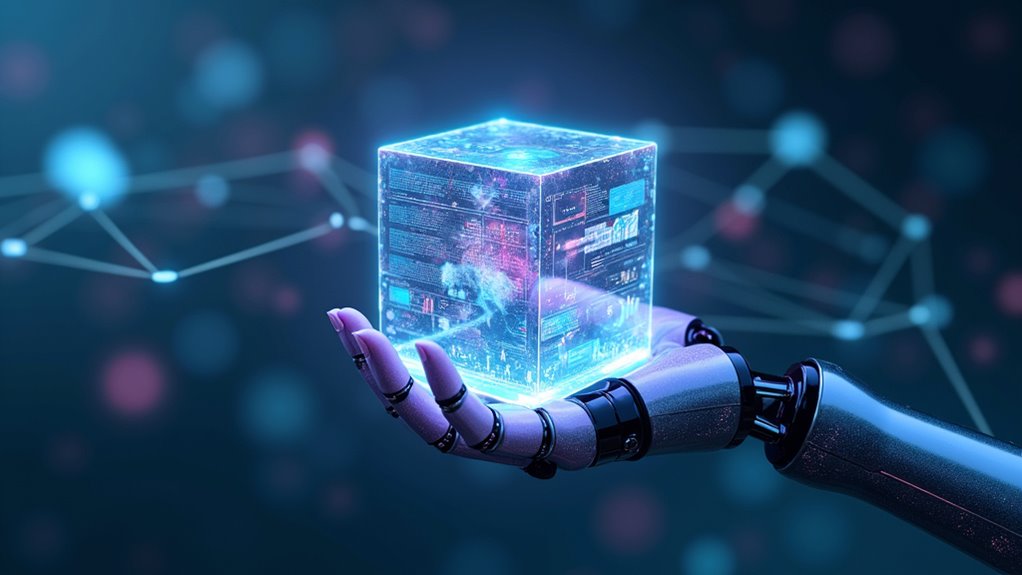RAGEN’s Bold AI might actually put an end to your favorite LLM meltdown memes. Here’s the trick: real memory, not goldfish recall; modular brains, so no one part throws a tantrum; and *critic-guided updates* that laser out the nonsense before it snowballs into an existential spiral. Rollouts and strict reward filters mean no more “Why am I here?” loops, just solid, logical moves—basically, fewer HAL 9000 vibes. Hang tight—things get even more interesting from here.
Let’s be honest: the world doesn’t need another AI framework that promises “revolutionary” decision-making and then promptly forgets what it was doing three steps later—like your average sitcom character. Enter RAGEN’s Bold AI, which seems determined to avoid the fate of the bumbling bot who locks itself in an existential closet after one confusing prompt.
Here’s what makes RAGEN’s approach different: it doesn’t just react to the world, it *remembers* and *reasons*. The two-phase training—split into rollout and update—means it first collects a bunch of decision sequences (think: every possible way you could mess up a game of Sokoban), then laser-focuses on the moments that actually matter. Instead of treating each move like a goldfish with amnesia, RAGEN optimizes entire trajectories. The result? Fewer “Oops, I did it again” Britney Spears moments. RAGEN’s modular architecture is made up of distinct components like the Environment Manager, Context Manager, and Agent Proxy, which work together to make the training loop transparent and highly extensible.
RAGEN doesn’t just react—it remembers and reasons, optimizing whole journeys instead of stumbling from one forgetful move to the next.
Key mechanics that matter:
- Rollout generation isn’t just about cranking out random moves; it simulates diverse, plausible strategies—even in unpredictable environments.
- Modular design splits up rollout, reward, and update, so you’re not stuck debugging a monolithic spaghetti monster.
- StarPO-S, the framework’s secret sauce, filters out low-quality runs before they become a self-reinforcing train wreck. No more echo chambers.
RAGEN also does token-level processing, juggling reasoning and action tokens. Only certain tokens can actually change the environment, so the model doesn’t accidentally nuke your logistics plan while it’s “thinking out loud.” Rewards aren’t doled out like Halloween candy—they’re tied to specific reasoning steps, with multi-objective scoring balancing speed, accuracy, and not, you know, crashing the delivery van. The system effectively handles the exploration-exploitation balance that’s crucial for agents to discover optimal strategies without getting stuck in suboptimal patterns.
The open-source foundation means you can plug in your own environments and reward systems. Want to train an agent to handle customer service or schedule fleets? Go wild. RAGEN’s SSL encryption ensures that all chatbot communications remain secure, protecting sensitive customer information during every interaction.
With stability tricks like critic-guided updates, entropy regularization, and early stopping, RAGEN works hard to avoid the classic LLM meltdown: repetitive, illogical, or just plain bizarre behaviors.
Bottom line: RAGEN’s Bold AI has the architecture, reward engineering, and sanity checks to make large language model agents less sitcom, more serious contender—without needing a laugh track.









